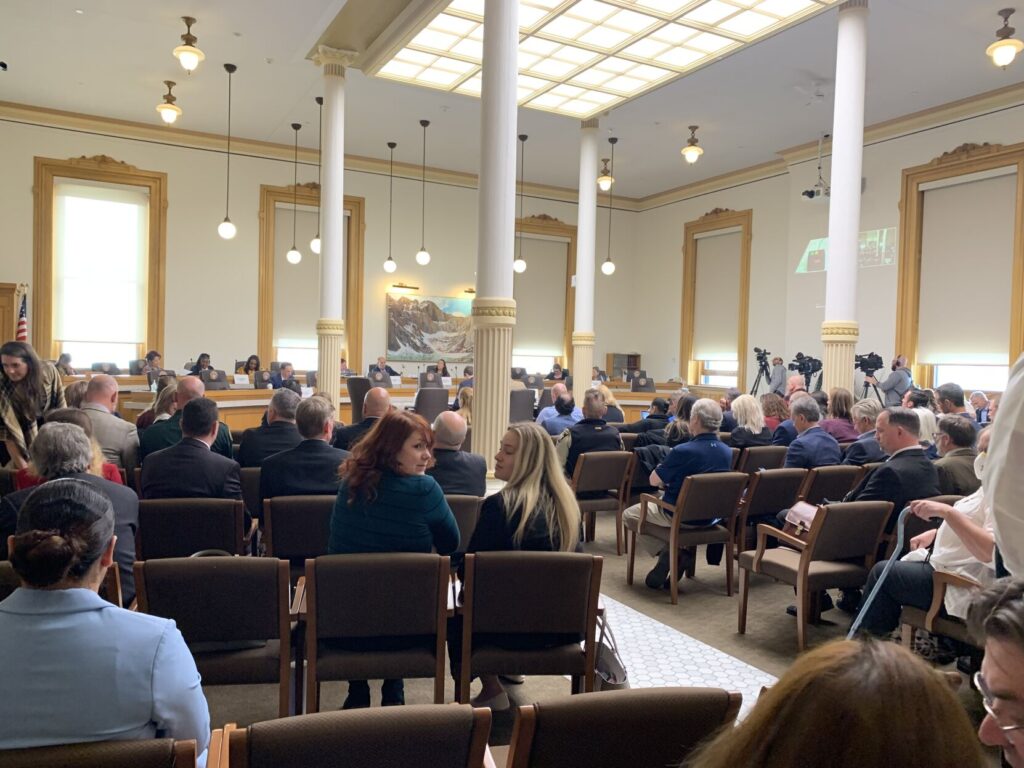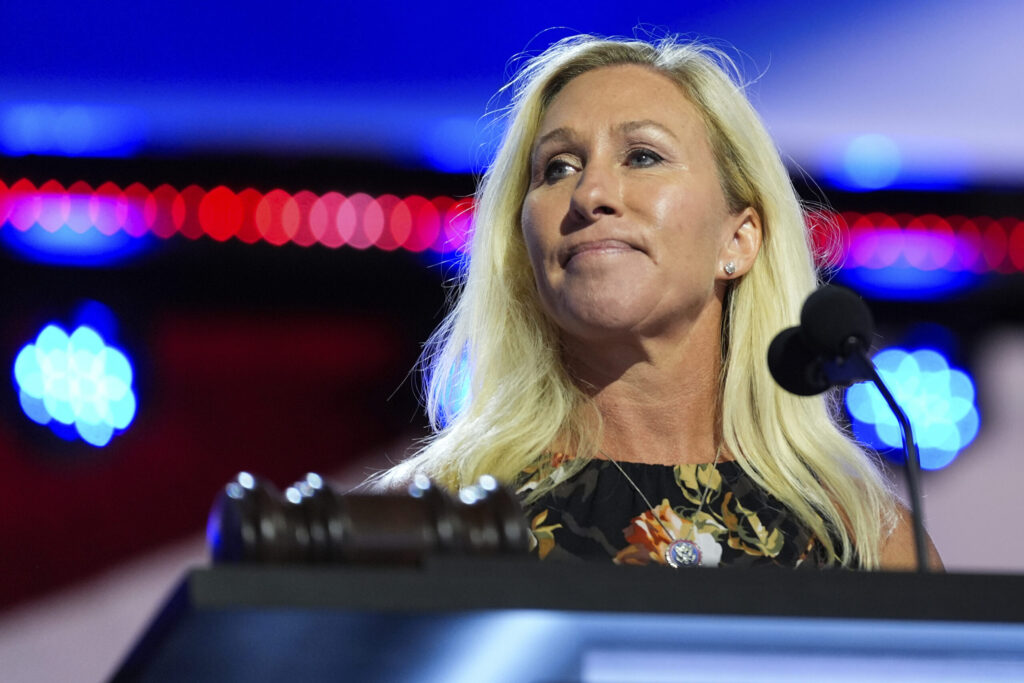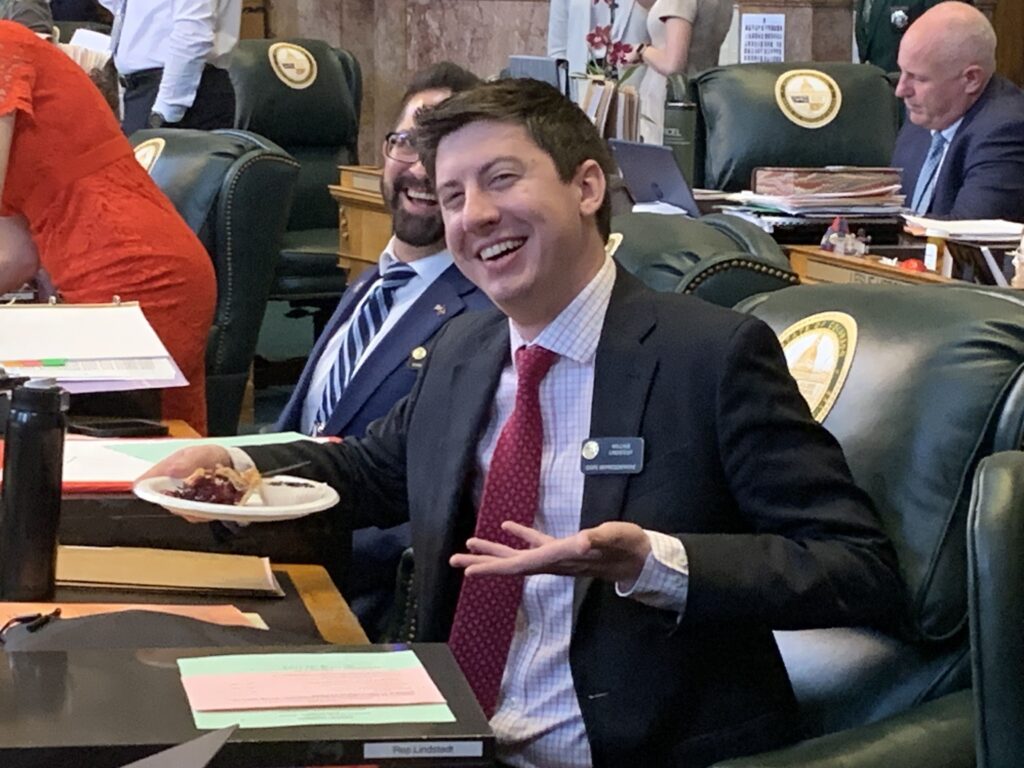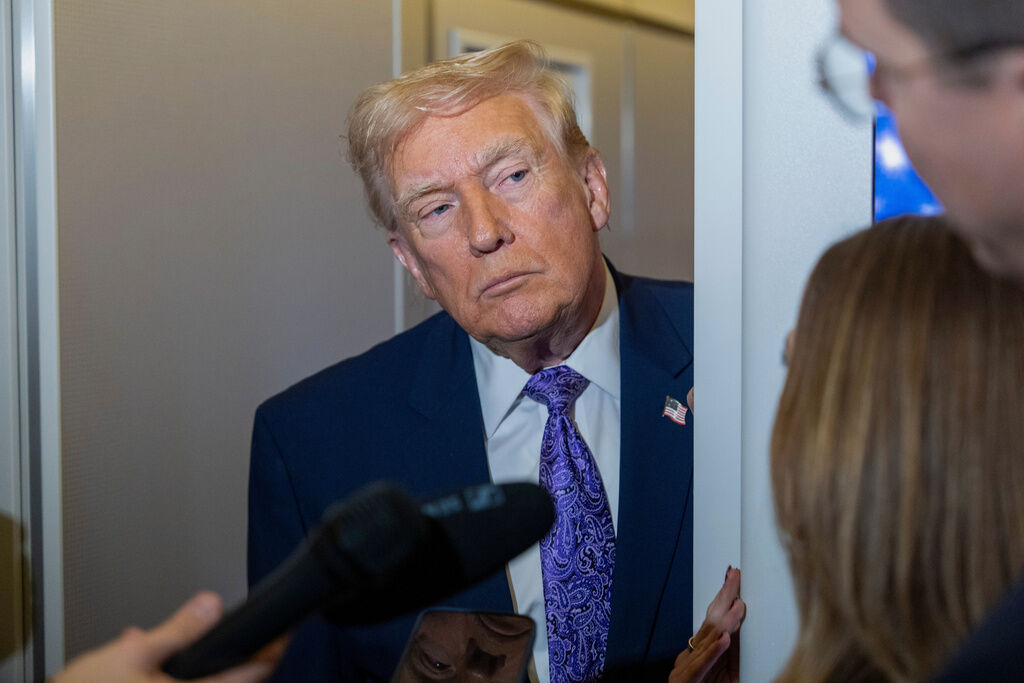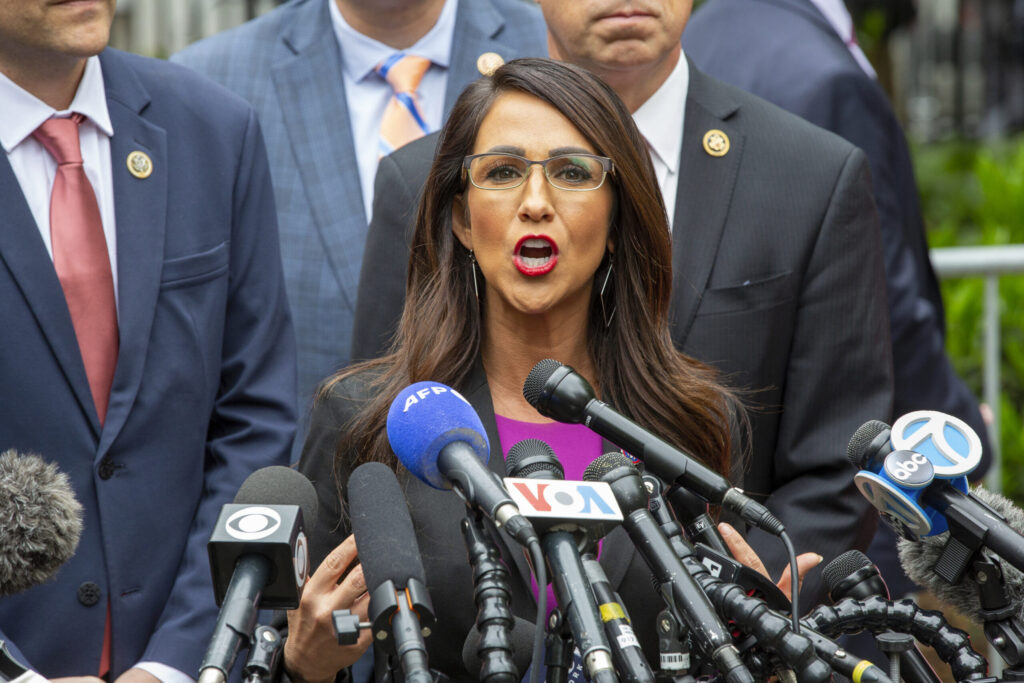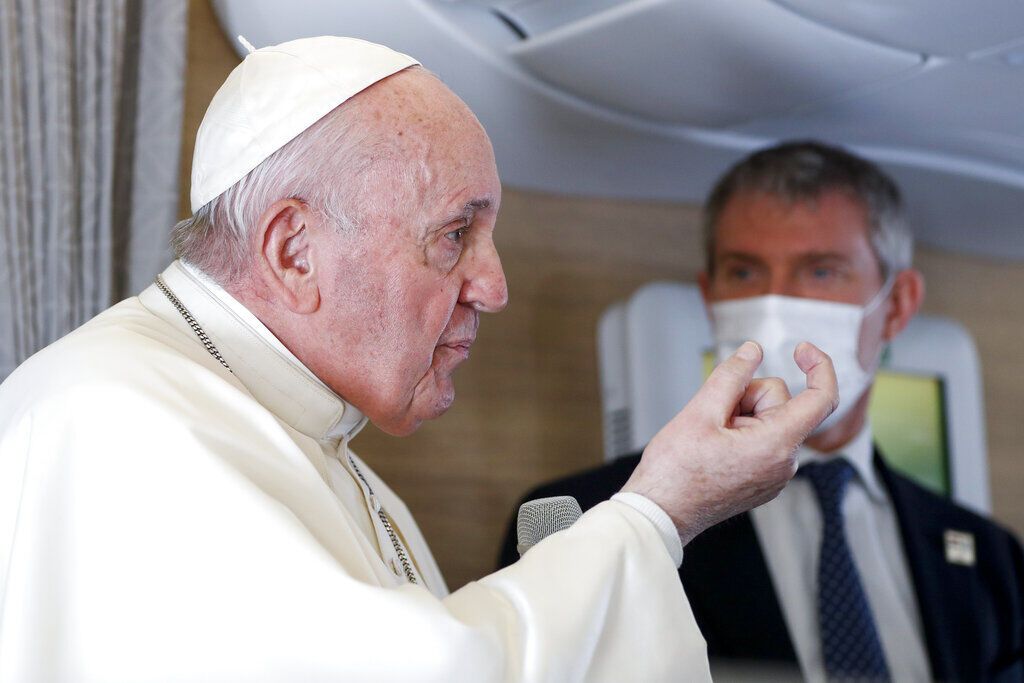Q&A w/Jimmy Sengenberger: ‘Most likely to become president’? He’ll settle for being the next Rush Limbaugh

Jimmy Sengenberger was that way-older-than-his-years, way-ahead-of-the-pack kind of kid you sort of admired and sort of envied – and, admit it, sort of resented – back in middle school. He began listening to Rush on the radio at 12 and was attending Arapahoe County Republican Men’s Club breakfasts by 13. He was putting together high school conferences on the U.S. Constitution when he was 16. In college he ran the College Republicans at 18 and was already hosting his own talk-radio show. Not just precocious but politically so. Ahead of the curve? He was already a mile down the road and rounding the next bend when the rest of us were just sitting down to breakfast. He was that kind of kid.
Thing is, Sengenberger’s still that kid. Baby-faced and only 27, he has taken Colorado’s conservative political scene by storm. He runs the upstart Millennial Policy Center, a new think tank in Denver that has a Republican all-star board of advisers and pitches its rightward tilt to Sengenberger’s generation. He runs the Liberty Day Institute. He hosts not one but two talk-radio shows on metro Denver’s AM dial. Oh, and he plays blues harmonica. He’s that proverbial young man in a hurry, and he moves so fast we were lucky to catch up with him for this week’s Q&A. He was on the road in D.C. but cheerfully made time for us all the same.
Colorado Politics: Among your endeavors is the Millennial Policy Center, a self-described, “…research and educational center … whose mission is to address public policy issues that affect the Millennial Generation (born 1981-1998) and to develop and promote policy solutions that advance freedom, opportunity, and economic vitality for Millennials throughout the United States.” It’s not often you see an advocacy organization from any part of the political spectrum that is focused on one age group. Why Millennials – aside from the fact that you are one of them? And why in Denver? What inspired the center’s creation? How long has it been on the scene?
Jimmy Sengenberger: First of all, I would define MPC as a pseudo-advocacy program, as we are more about researching and developing public policy solutions and educating the public about them; we are a “new kind of think tank for a new generation.” Thus, MPC is even more unique, I think, as there are really no other think tanks like this. I believe that there is a pressing need for this Center – and thus its creation – because the Millennial Generation is both sorely underrepresented in the policy space, and there are not very many explicitly Millennial voices advocating for policy positions rooted in the nation’s founding principles of limited government, personal responsibility, and economic opportunity. The prominent voices seem to represent the opposite. Denver is unique for a host because it is outside the beltway and offers a heartland-type “view from the top” on crucial issues facing America today. While the project began in 2016, MPC has really been on the scene since the program kicked into high gear in January of 2017, with our first policy paper issued in March of 2017 on healthcare.
CP: You suggest there’s a special nexus between conservative principles and your generation – a view left-leaning Millennials no doubt would contest. Elaborate on that connection.
Sengenberger: I would say that the connection between the principles I described above and Millennials is pretty clear. As we have written, “Consider services like Uber and Lyft, products like Roku and Chromecast, and the countless software and hardware options that were only the stuff of science fiction even a decade ago. Innovations only come through individual initiative and achievement, which stems directly from being free to think, free to act, and free to choose. Free markets have given us an unprecedented amount of choices and opportunities, making today’s young adults directly attuned to the benefits of liberty. The MPC mission is to connect the creativity, ingenuity, and out-of-the-box thinking that defines young Americans to real, liberty-advancing solutions for policy questions of the day.”
Jimmy Sengenberger
CP: Your advisers and fellows include some heavy hitters from Colorado’s and the nation’s political right, like Republican former state Senate President John Andrews, Republican former U.S. Rep. Bob Schaffer, conservative Washington journalist and pundit Michael Barone, and now Heritage Foundation founder and President Emeritus Ed Feulner. How did you bring those and other names together, and how closely do you hew to their views on the issues of the day?
Sengenberger: One thing that I have learned in my life of political and policy engagement since I was 13 and first got involved is that relationships breed support and success. Everything I have done so far – from the MPC to the Liberty Day effort to educate kids about the Constitution to talk radio – could not have been accomplished without building and fostering meaningful relationships and finding mentors along the way. That’s the key. I would say that many of my personal views hew to those of the advisers you mentioned, but as with all things, politics and policy are complex. Thus, my positions are truly my own and sometimes align and sometimes don’t. It depends on the issue.
CP: Give us your own origin story and tell us how you got such an early start – you’re not even 30 – in the world of politics, policy and advocacy.
Sengenberger: I first got interested in politics thanks to my grandfather (mom’s dad), who always had an affinity for Rush Limbaugh. Radio was, not surprisingly, the catalyst! One day on the way back from a round of golf, when I was not quite 13, we listened to Rush. My curiosity was piqued. For the rest of that summer, and for some time beyond, you couldn’t keep me away from Rush’s’ show. Even going to the grocery store I’d listen on my handheld radio! It wasn’t long after that I fortuitously started recording mock radio shows (featuring bumper music, now characteristic of my presence), and my listenership expanded to O’Reilly and Hannity and, ultimately, the host I’ve often been (appropriately) compared to stylistically, Hugh Hewitt. When I was 13 I started attending the Arapahoe County Republican Men’s Club breakfasts, through a family friend (there’s a story there!), and regularly attended throughout high school and college. When I was not yet 17 I started up as a volunteer at the Liberty Day Institute, putting together a high school conference on the Constitution in September 2007 (while at the Cherry Creek School District’s Grandview High School in suburban Devner) and a few years later taking over the organization as president.
CP: You host Business for Breakfast with Jimmy Sengenberger weekdays 6 a.m.-9 a.m. on Denver’s Money Talk 1690 AM as well as The Jimmy Sengenberger Show Saturday nights 5 p.m.-8 p.m. on Denver’s News/Talk 710 KNUS. How did you get your start in radio, and what role does that play in pushing out your overall message?
Sengenberger: By the time I was 18 and attending Regis University, I ran the College Republicans, wrote for the school newspaper (eventually editing it), and, most significantly, hosted a weekly two-hour talk radio show called Seng Center. The show was thematically unprecedented at Regis, grew tremendously, and was listened to online by many and had numerous noteworthy guests, especially during the 2010 election cycle. By the time I graduated in May 2011 (in three years), I had already filled in for Amy Oliver Cooke (then a KFKA-Greeley host), and after I graduated (not yet 21) I began filling in for Ross Kaminsky (then on KNUS). Eventually I sat in for Steve Kelley and others on KNUS, as well as KFKA and KLZ. In September of 2013 I launched The Jimmy Sengenberger Show on KNUS, and in January of 2017 began hosting Business for Breakfast. As far as pushing my overall message, it is considerably helpful. I am able to share my perspectives on the day’s issues through an intimate medium and connect with a large audience while doing so.
CP: You have a lot of irons in the fire, not just talk radio and Millennial Policy Center but also running the Liberty Day Institute. You’re a public speaker, a pundit – the list goes on. Gotta ask: Do you ever take a deep breath, slow down a moment, and step outside the world of politics and policy?
Sengenberger: I try! I have a passion for blues music and enjoy attending concerts (especially a couple of bluesmen you may have never heard of – Joe Bonamassa, Tab Benoit). And my number one nonpolitical hobby is playing the blues harmonica (which I sometimes do on the radio). This has included live performances, like one at last November’s Tommy Castro show at the Oriental Theater. (He is an internationally-touring musician, and interestingly radio is how I got the chance to sit in with him.)
CP: When will the first Millennial be elected to the White House – and will it be someone from the left or the right?
Sengenberger: Good question. I had thought a Gen-X’er might be in the White House at this point, with the hefty bench of the GOP in 2016, but Baby Boomer Trump secured the presidency. So, it’s anybody’s guess when and what side of the aisle. Yet despite being voted “most likely to become president” by my high school graduating class, it won’t be me! I’ll knock Rush in his place as #2 instead. 😉




